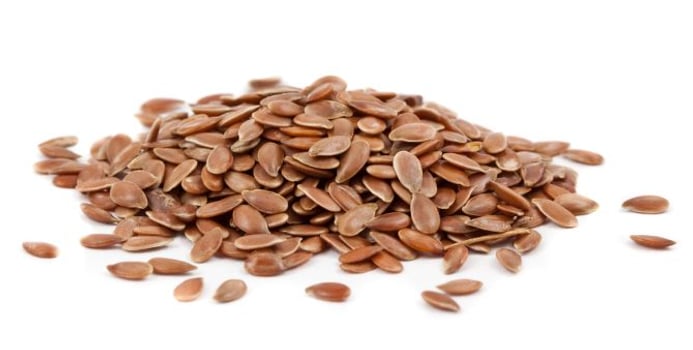Unsaturated fats include the two heart healthy choices - polyunsaturated and monounsaturated fats. Found primarily in fish, plant oils, seeds and nuts, these "healthy" fats have been shown to lower blood cholesterol levels and lessen your risk of cardiovascular disease. Even though these fats are better for you than saturated and trans fats, they still are fats, and intake should be moderate to maintain the best health.
What are Unsaturated Fats?
Unsaturated fats are those that have one or more double bonds in their fatty acid chains. Made up of two kinds of fats, monounsaturated and polyunsaturated, these fats provide slightly fewer calories than saturated fats and somewhat less energy. Unsaturated fats are in liquid form at room temperature.
Polyunsaturated fats also contain Omega-3 fatty acids, an essential fatty acid that your body cannot make on its own, but one that is necessary to maintain a healthy body. It is commonly recommended that you eat at least two servings of fatty fish weekly to satisfy your body's requirement for these Omega-3 fatty acids.
What are the Benefits of Unsaturated Fats?
Both monounsaturated and polyunsaturated fats do not appear to raise LDL or "bad"cholesterol as saturated and trans fats do. Many studies also show that unsaturated fats even help to lower LDL cholesterol slightly when included as part of a diet low in trans fats and saturated fats.
Though fats get a bad name, they are necessary in your diet to maintain warmth in the body, keep skin and hair healthy and store energy. For these reasons, it is necessary to include a sensible amount of unsaturated fats in your daily diet.
Where Unsaturated Fats are Found
Unsaturated fats are found in a lot of oily fish such as:
- Herring
- Sardines
- Tuna
- Salmon
- Mackerel
- Anchovies
Additionally, unsaturated fats are founds in plant products such as:
- Olive oil
- Canola oil
- Peanut oil
- Sunflower oil
- Corn oil
- Soybean oil
- Flaxseed oil
- Avocados
- Almonds
- Hazelnuts
- Pecans
- Pumpkin seeds
- Sesame seeds
How Much Should I Be Eating?
Your daily fat intake should be less than 25% to 35% of your total caloric intake. Out of this total, up to 7% can be saturated fats and less than 1% should be trans fats. The remaining fat in your diet should be from sources of monounsaturated and polyunsaturated fats. Of this, you should try to include two or more servings of fatty fish weekly.
Though these fats are good for you comparatively to saturated and trans fats, they should always be consumed in moderation. You should never try to cut out all the fat in your diet, as it is essential to your healthy body, hair and skin. Try cutting down on saturated fats by limiting meat and dairy products, and eliminate trans fats by cutting out processed foods. Take it one step at a time, and slowly you can transform your diet into one that is heart healthy and delicious.



